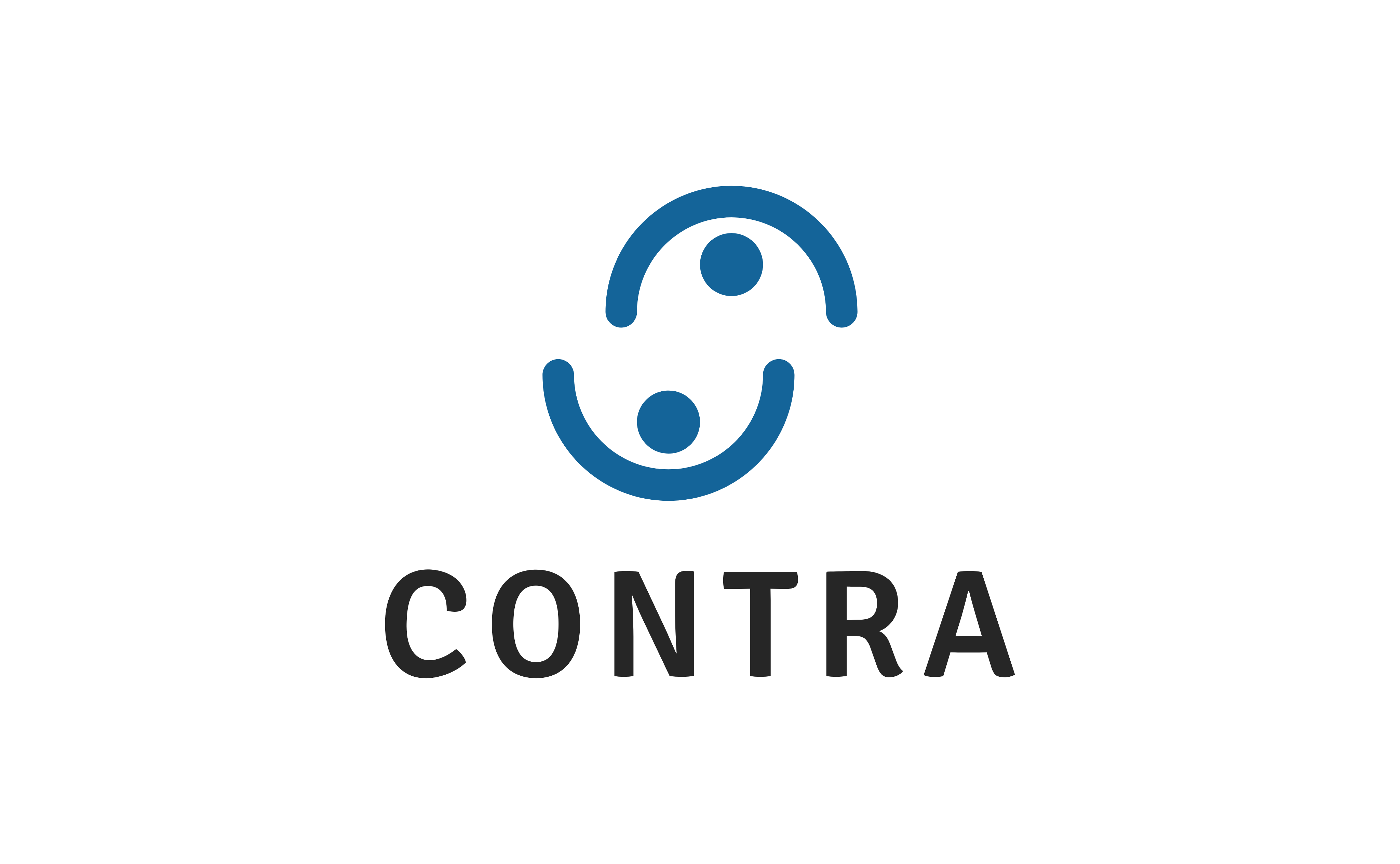
Derivative instruments, often seen as complex and risky financial tools, can be incredibly beneficial when used correctly. These financial contracts derive their value from an underlying asset, index, or security and include futures, options, swaps, and forwards. Here, we explore the multifaceted benefits they offer to savvy investors.
- Risk Management and Hedging: One of the primary benefits of derivatives is their ability to manage risk. Investors use derivatives to hedge or protect against price volatility in an underlying asset. For example, a farmer might use futures contracts to lock in a price for their crop, mitigating the risk of price fluctuations. Similarly, currency swaps can protect against foreign exchange risks in international trading.
- Access to Leverage: Derivatives allow investors to gain significant market exposure with a relatively small capital investment. This leverage can amplify returns, but it’s crucial to remember that it can also magnify losses. Prudent use of leverage can be a powerful tool in an investor’s arsenal.
- Price Discovery: Derivative markets contribute to the process of price discovery, providing signals about future price movements of assets. The information gleaned from derivative pricing helps in making informed decisions about the underlying asset, benefiting the market as a whole.
- Market Efficiency: Derivatives can enhance market efficiency by allowing for the transfer of risks to those willing and better equipped to manage them. This redistribution of risk can lead to more efficient allocation of resources and capital in the broader economy.
- Diversification Benefits: Investors can use derivatives to diversify their portfolios, thereby reducing risk. Options and futures, for instance, can be employed to construct investment strategies that may not be possible with traditional equity and debt instruments alone.
- Arbitrage Opportunities: Derivatives enable arbitrage – the practice of taking advantage of a price differential between two or more markets. Traders can exploit discrepancies in pricing between the derivatives market and the underlying asset, leading to risk-free profits in an ideal scenario.
- Income Generation and Strategic Investments: Options, for example, can be used to generate income through strategies like writing covered calls. Investors can also use derivatives strategically to speculate on future market movements to potentially earn high returns.
Considerations for Using Derivatives
Despite their benefits, derivatives are complex instruments that require a deep understanding of the market and the specific product. The leverage they provide can lead to significant losses, particularly if the market moves unfavorably. Therefore, it’s crucial for investors to thoroughly understand the risks involved and consider seeking advice from financial experts.
Conclusion
Derivative instruments, when used judiciously, offer a range of advantages from risk management to strategic investment opportunities. They play a vital role in financial markets by enhancing liquidity, aiding in price discovery, and offering diverse investment strategies. However, their complexity and inherent risks require a cautious and well-informed approach to harness their full potential effectively.
Disclaimer: Derivative trading involves substantial risk of loss and is not suitable for every investor. The valuation of derivatives may fluctuate, and as a result, clients may lose more than their original investment.

Leave a Reply